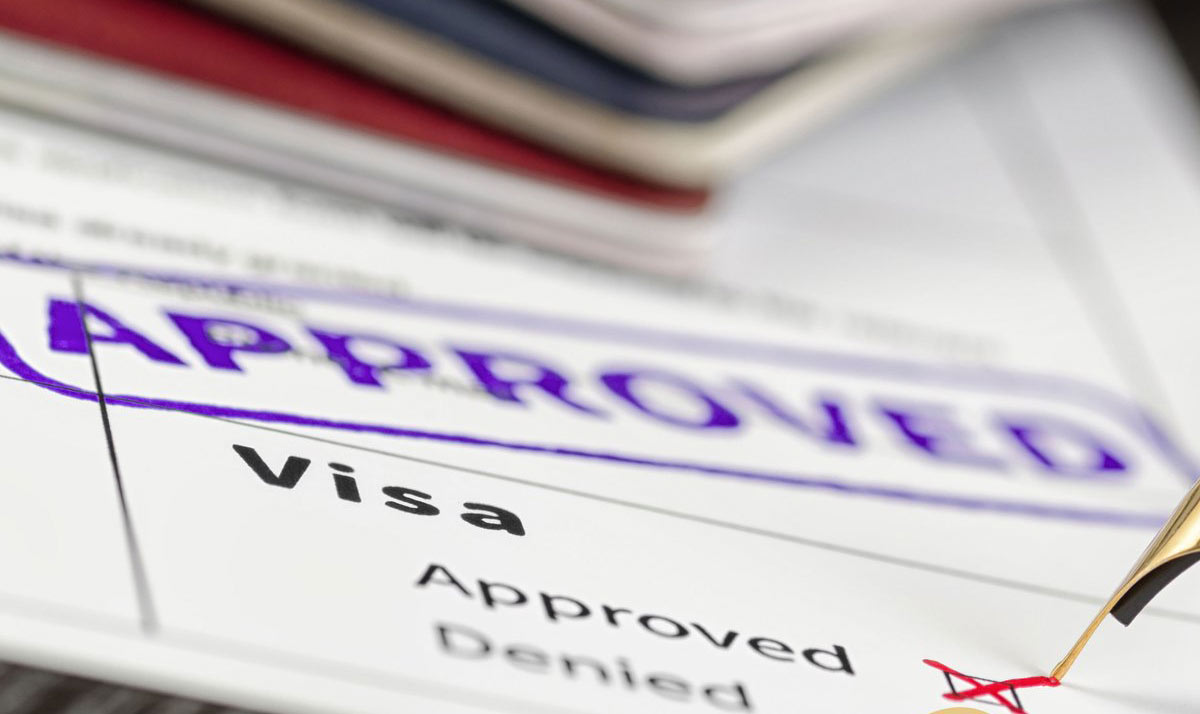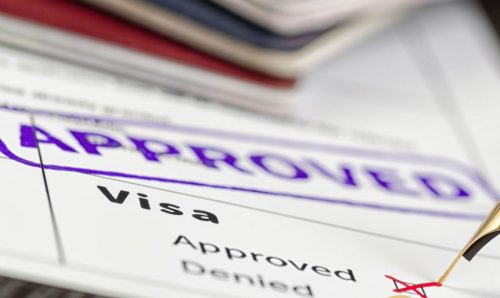
The agency has temporarily suspended the premium processing services to reduce the overall processing time of the H-1B petitions.
US Citizenship and Immigration Services (USCIS) will start taking H-1B petitions from April 2 but it may not begin the premium processing service before Sept. 10, 2018.
“Starting April 2, 2018, USCIS will begin accepting H-1B petitions subject to the Fiscal Year (FY) 2019 cap,” USCIS said. “We will temporarily suspend premium processing for all FY 2019 cap-subject petitions, including petitions seeking an exemption for individuals with a U.S. master’s degree or higher. This suspension is expected to last until Sept. 10, 2018.”
The immigration agency will, however, continue to accept requests for premium processing that are outside the cap. Elaborating on the service, USCIS said that it will not accept any Form I-907 filed with cap-subject work-visa petition. And if a petitioner has sent a combined check for both Form I-907 and Form I-129, the agency will refuse both forms.
While the premium processing has been temporarily suspended, a petitioner may request for expedited services for FY 2019 cap-subject H-1B petitions if it fulfills the conditions as listed in Expedite Criteria.
“It is the petitioner’s responsibility to demonstrate that they meet at least one of the expedite criteria, and we encourage petitioners to submit documentary evidence to support their expedite request,” USCIS said. “We review all expedite requests on a case-by-case basis and will grant requests at the discretion of USCIS office leadership.”
The agency has temporarily suspended the premium processing services to reduce the overall processing time of the H-1B petitions. Additionally, USCIS would utilize that time to decide on H-1B extension cases closer to the deadline.
“By temporarily suspending premium processing, we will be able to: process long-pending petitions, which we have currently been unable to process due to the high volume of incoming petitions and the significant surge in premium processing requests over the past few years; and prioritize adjudication of H-1B extension of status cases that are nearing the 240 day mark,” USCIS said in its statement.



